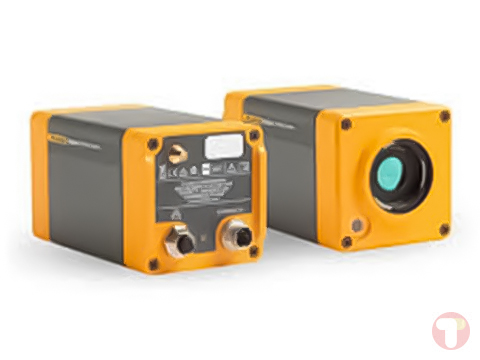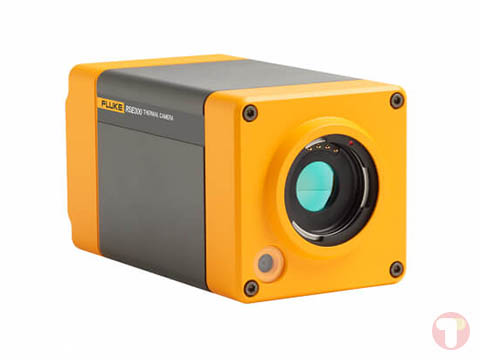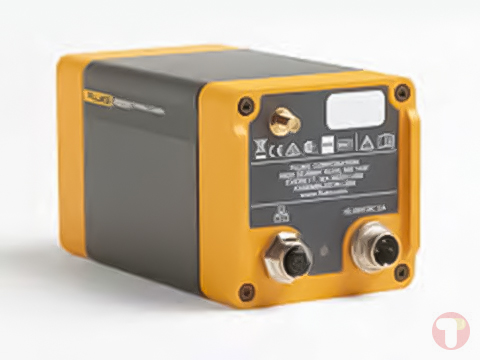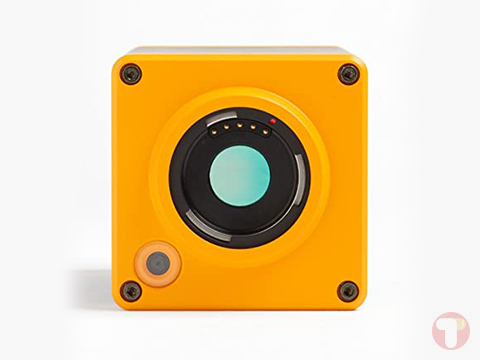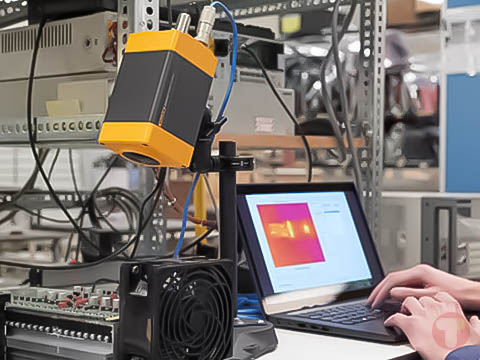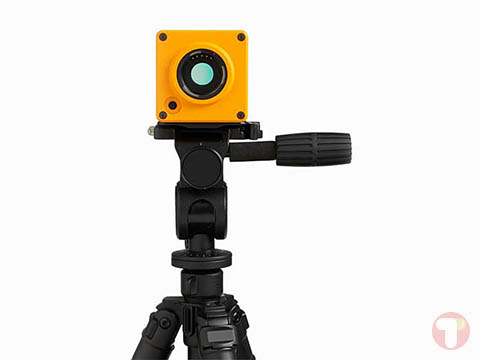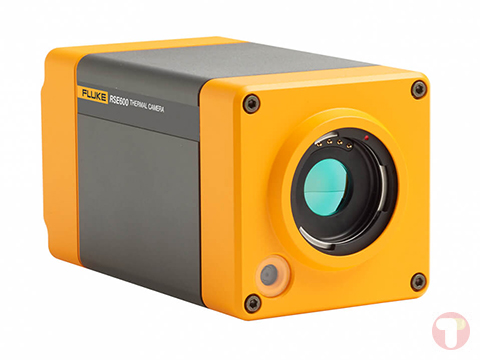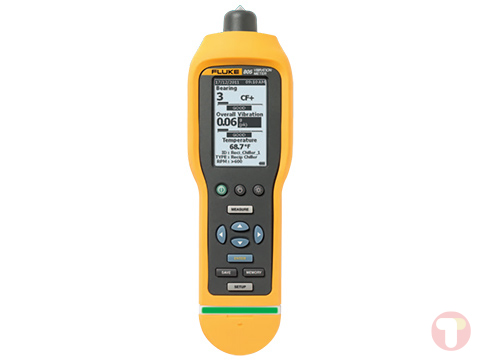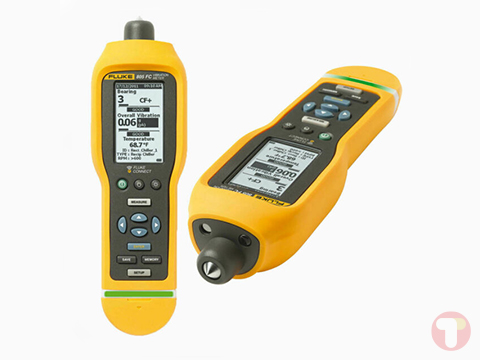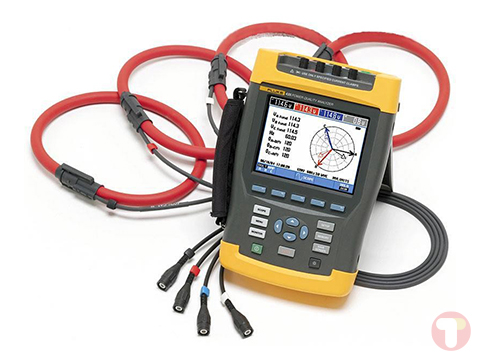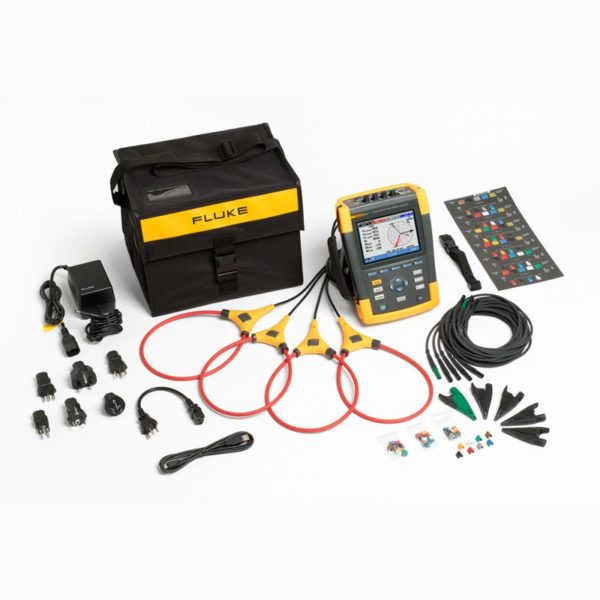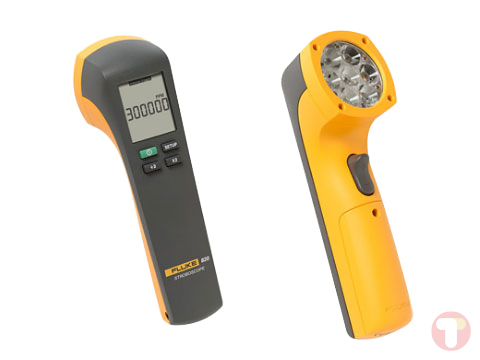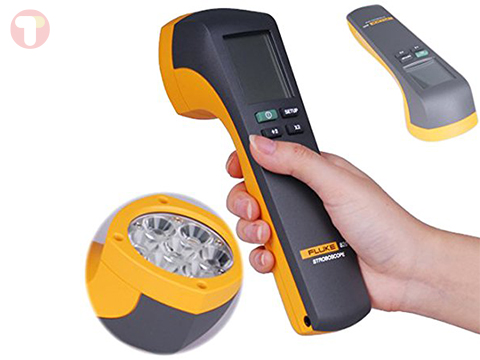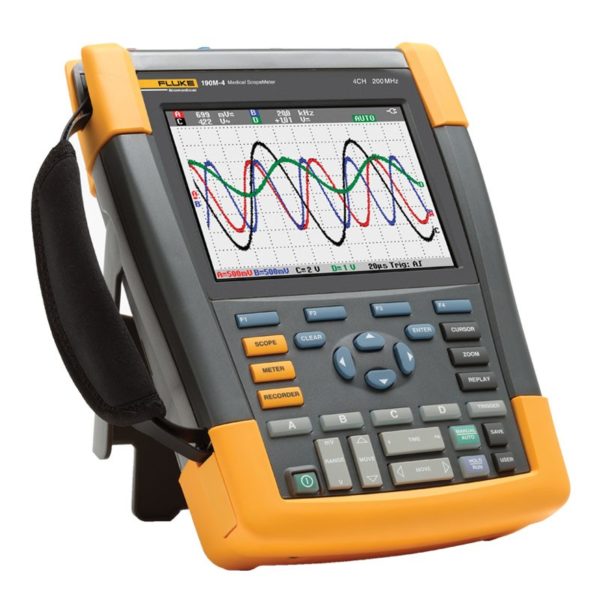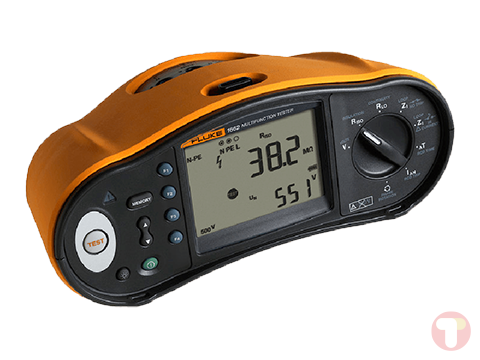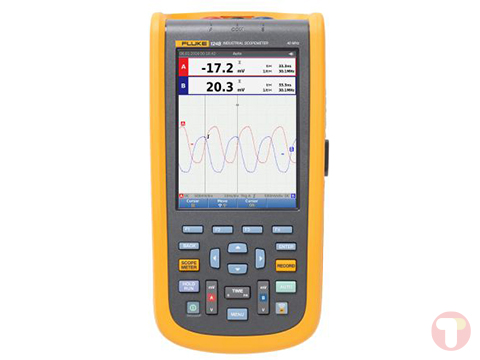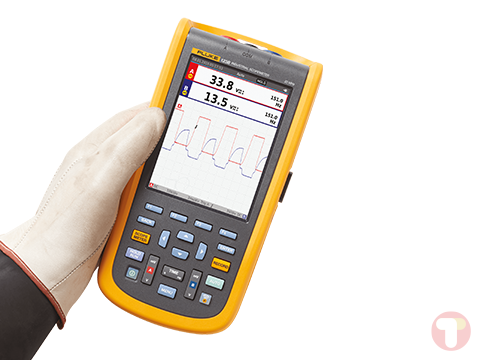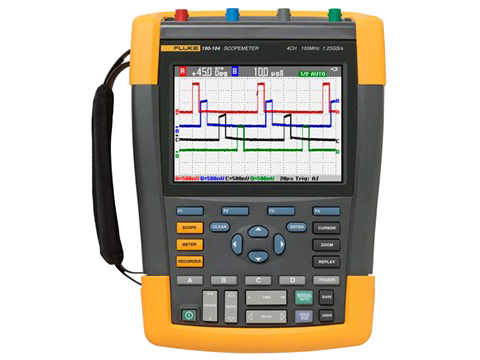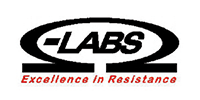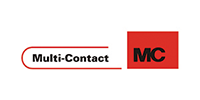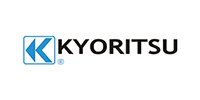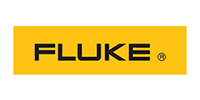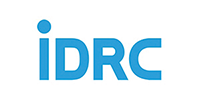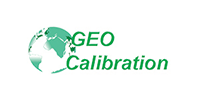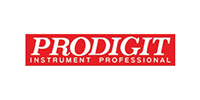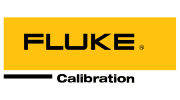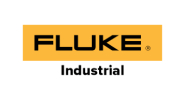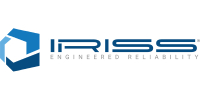Fluke RSE300 Mounted Infrared Camera 9Hz Overview
Introducing the first ever fully-radiometric, mounted Fluke infrared cameras – the RSE series. Equipped with advanced features and software plug-ins to MATLAB® and LabVIEW®, these tools are ideal for continuously streaming and analyzing infrared data.
Designed for your research, science and engineering needs, enhance your testing and quality assurance procedures by mounting the RSE300 to your workstation. Continuously stream up to 60 frames of data per second directly to your computer to monitor minute temperature differences, and analyze videos frame-by-frame remotely from SmartView® desktop software. Enhance your viewing experience with optional add-on lenses to target different applications (analyzing from a distance, or getting the close-up details).
Don’t just see the heat. Stream, measure and analyze it too.
With plug-ins to MATLAB® and LabVIEW®, the RSE Infrared Cameras are ideal for testing and development. Looking for a more robust software to monitor and archive process manufacturing data 24/7? We recommend the ThermoView® series by Fluke Process Instruments.
The importance of image quality in thermography
When conducting infrared inspections, high quality images that allow for better analysis, presentation and professionalism are essential.
With a sharply focused image, there is a distinct contrast between areas of varying thermal energy on the surface being inspected. This allows the individual detector elements (also known as pixels) to clearly report the intensity of the energy being focused on them.
When the focus is poor, the incoming energy isn’t as concentrated on individual detectors, and their response is skewed. This can lead to temperature measurements that are significantly off, resulting in expensive downtime and possible safety hazards.
Thermal imagers are made with 100% diamond-turned germanium lenses covered with a specialty coating, providing premium quality images.
Easily choose and focus on your target
LaserSharp™ Auto Focus uses a built in laser distance meter that provides both speed and precision. The laser-driven target detection pinpoints the target while the camera focuses to capture a precise, high quality image. With LaserSharp Auto Focus, you can:
- Easily capture high-quality, focused images of your desired target with the push of a button
- Take infrared images through common obstacles like chain link fences
- Avoid skewed temperature measurements by precisely choosing your target
- Perform the same inspections multiple times as a part of your preventive maintenance program – the built-in laser distance meter calculates and displays how far you are from your target, making repeatability much easier
Choose multiple targets at different distances
MultiSharp™ Focus takes multiple images from different focal distances and combines them into one clear image. With a simple point and shoot, you can go from being completely out of focus, to complete focus, throughout the field of view. With MultiSharp:
- Reduce the need to take individual images of targets that are in the camera’s field of view – focus on one target, and all objects that are in the camera’s field of view will be in focus
- Cut down time spent taking multiple images to increase productivity
- Capture quality, in-focus images, even under direct sunlight
Shoot from a distance
Infrared inspections can take you into multiple types of environments with many types of equipment. Interchangeable lenses that require no calibration give you the versatility and the image quality needed to conduct inspections in almost any environment.
- Reduce the need to enter the danger zone with a 2x telephoto lens
- Identify potential issues as small and distant as a failed splice on a high electrical line from the ground with a 4x telephoto lens
- Save time with roofing and industrial building inspections by viewing a large area at one time with a wide angle lens
Easily manage and analyze your data
Document information on the equipment you’re inspecting
With IR PhotoNotes™, voice or text annotation, you can easily document critical information about each piece of equipment and its location. Each “note” attaches to the image, so you never have to search or match up notes to images.
- Document critical information with your infrared image
- Capture surrounding details like wind conditions and time of day
- Identify asset location
Capture digital and infrared images at once
IR Fusion™ technology combines a visible light and an infrared image into one, giving you better clarity.
- Get exact location details in picture-in-picture mode, which provides the center part of the display in IR and the remainder of the image in visible light
- See more details when you adjust the level of infrared and visible light blending in AutoBlend™ mode
- Isolate problem areas with user-defined temperature ranges with IR color alarms
ROI and thermal imaging
Seven benefits of on-site infrared inspections
- Reduce downtime
Inspections can be done while equipment is running – no lost production time. - Protect lives while doing more
The non-contact nature of infrared inspections allows technicians to scan large areas quickly, from a safer distance away. That means technicians can inspect more equipment faster. - Improve production efficiency
Subtle problems are found and addressed before they have a major impact on production. - Document before and after
Validate post-maintenance work and capture the results for future review. - Reduce capital expenses
Finding and repairing problems at an early stage can improve the life expectancy of equipment, as a result extending replacement intervals. - Increase productivity
Quickly scan a large area to find air leaks, insulation gaps, moisture and overheated electrical components to complete more work in less time. - Identify work in easy-to-understand terms
See exactly what the problem is on the camera, eliminating guesswork and making it easier for everyone to see what repairs needs to be done.
What’s included with the Fluke RSE300 9Hz
- Infrared Camera
- AC Power Supply
- Ethernet Cable
- Antenna

